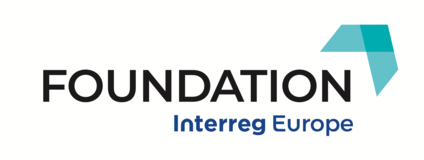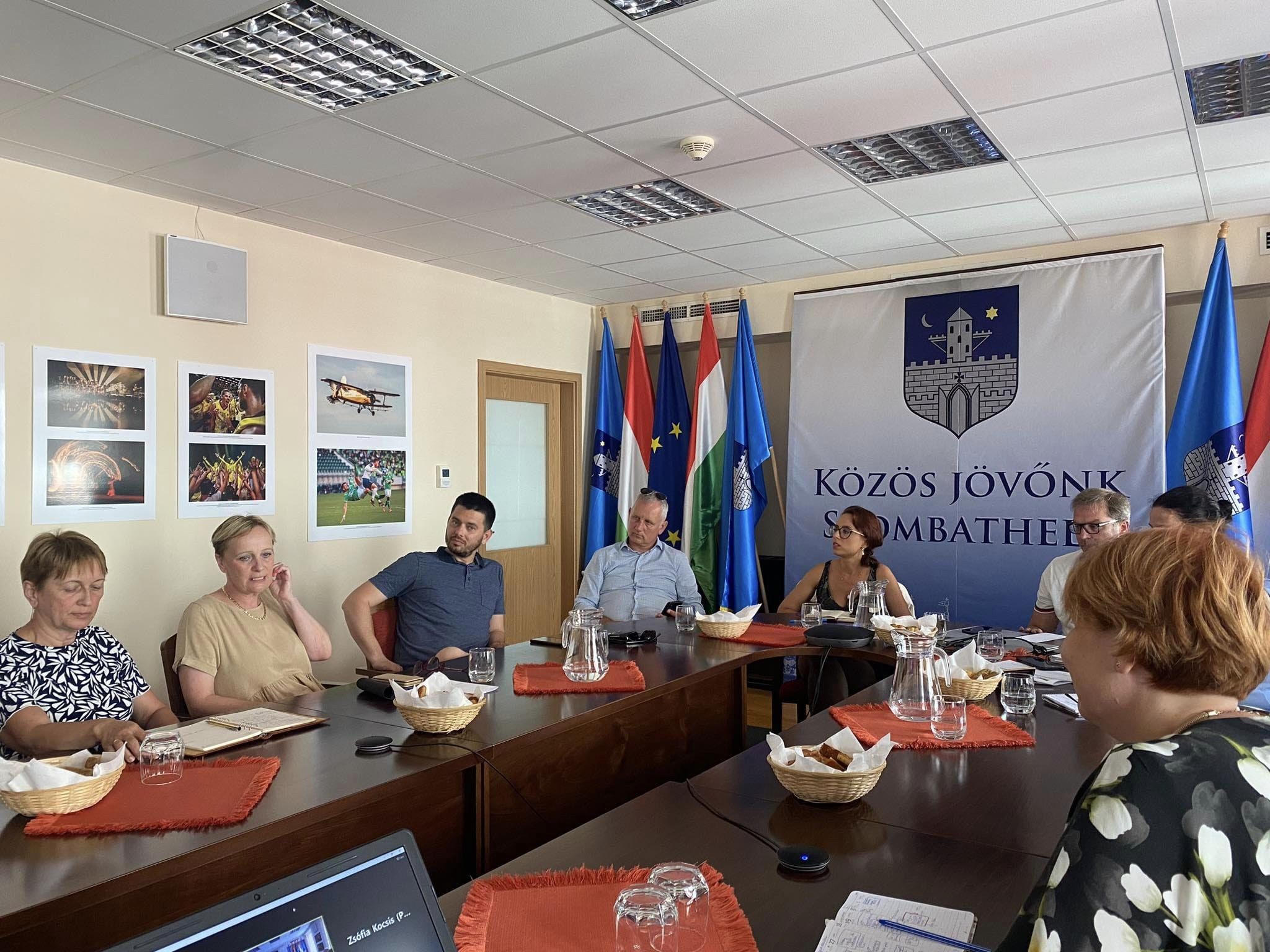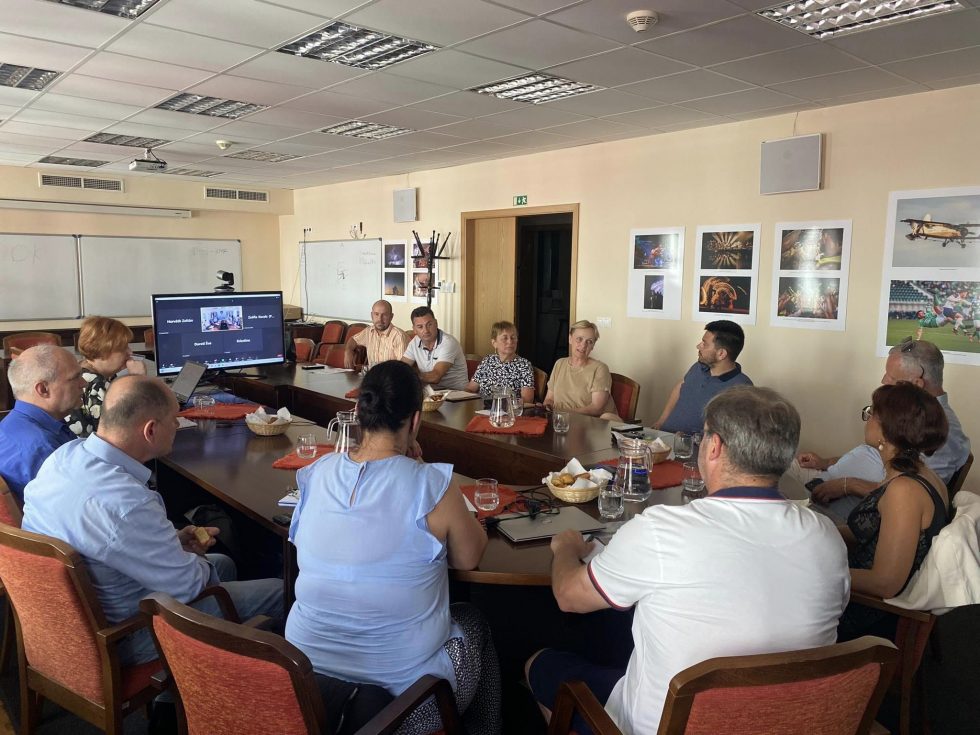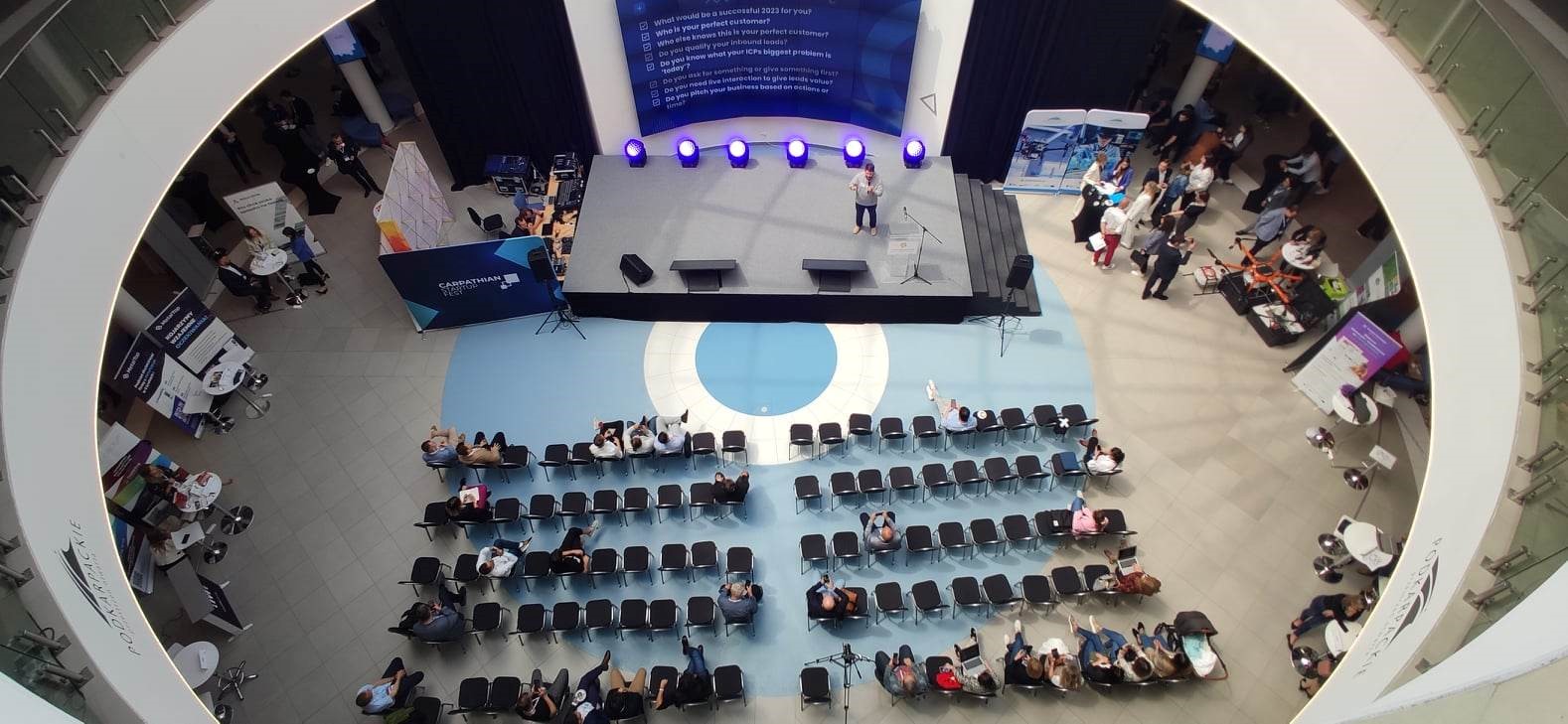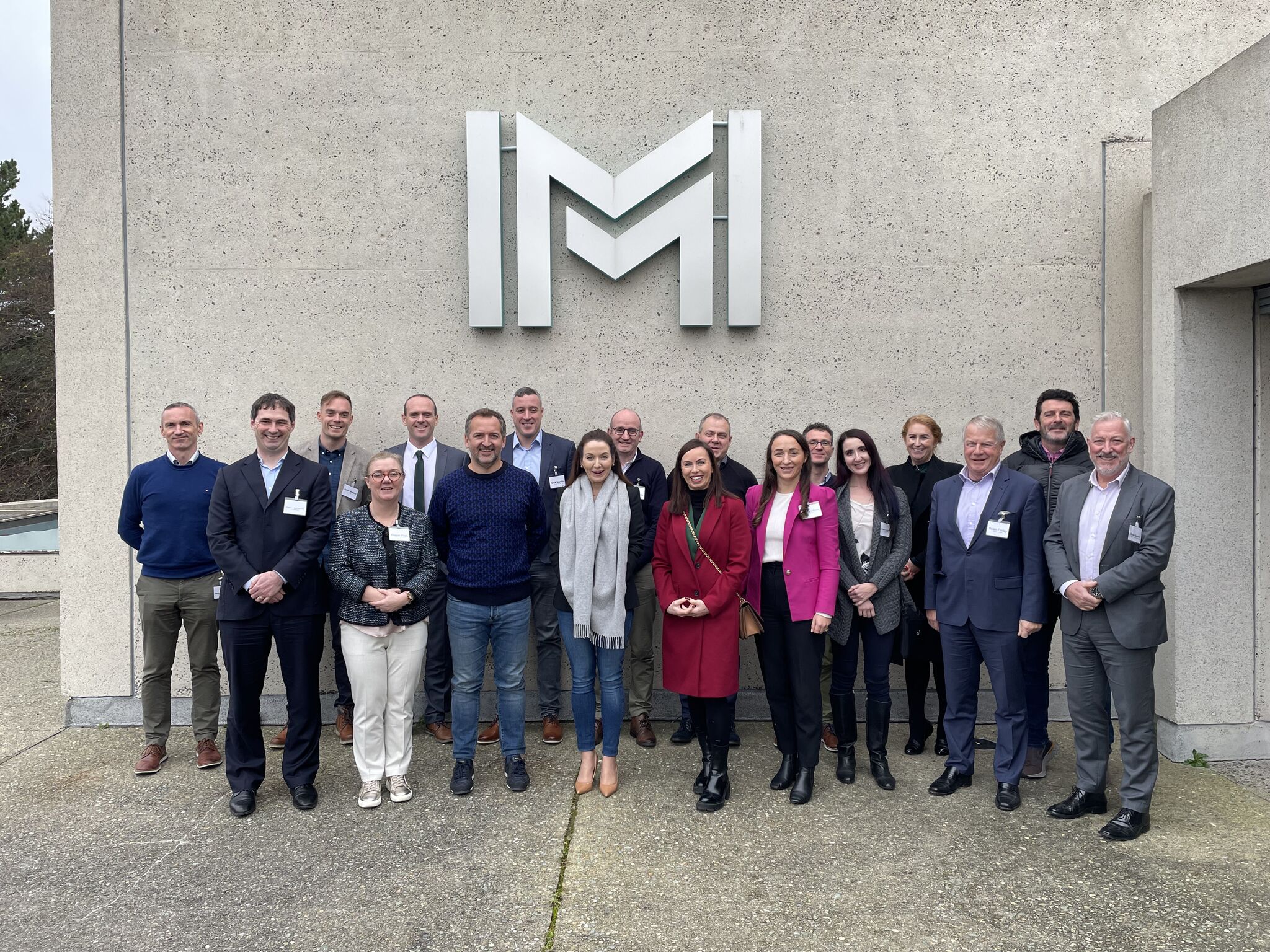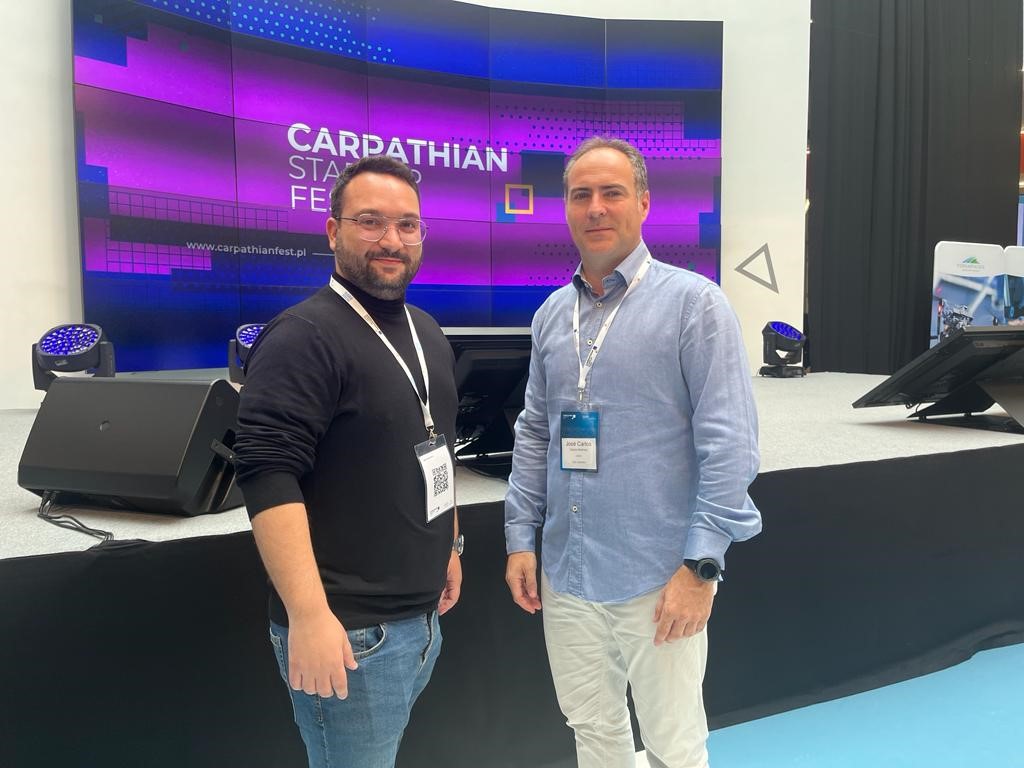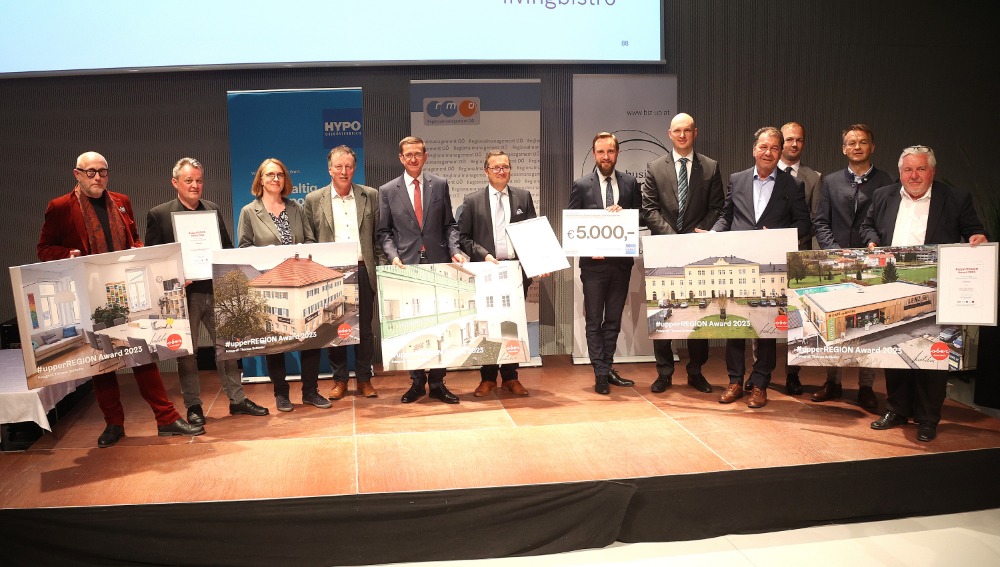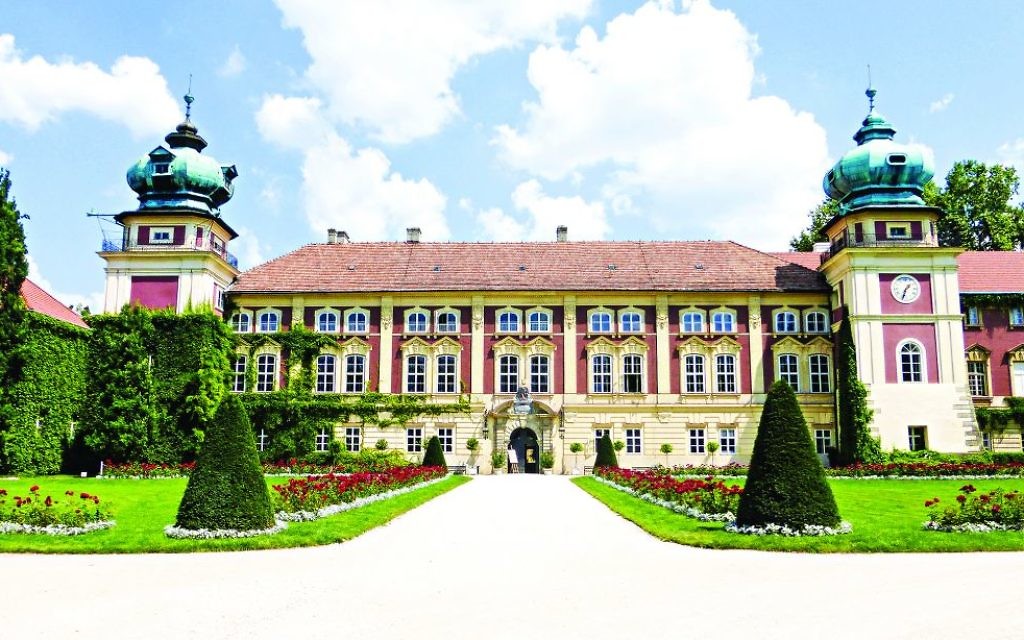High growth companies build up approximately only 1-3% of the SMEs, however around 70 to 80% of the net new workplace generation can be attributed to them. Therefore, for the increase of the economic sustainability of the EU and the overall well-being of its citizens it is highly promoted to further enhance the operation of this tight segment within the SME sector.
Since SMEs are mainly family-owned businesses that operate usually locally they possess a higher level of authority than multinationals where the decision-making takes mostly place abroad and the subsidiaries many times have only a role of an executor. Therefore, in case of an unexpected market disturbance these companies - based on prior experience - tend to leave the region with less favourable circumstances easier than locally owned, smaller companies with family bonds and local economic interests. Obviously, having more such firms and a wider layer of employees in the SME sector can vastly contribute to the resilience of a region or even to the whole of a country’s economy, which makes this segment even more worthwhile for deeper investigation.
According to authors performing research on related SMEs, these companies are in a certain sense more similar to households than to bigger companies with hierarchy and complex structure due to the centralised decision-making and the limited number of decision makers. For this reason, a wider comprehension of the mindset, field of interests and focuses of the competent leaders who have the most influence on the course of the company might lead to deeper understanding of the functioning of these entrepreneurships.
Based on this concept more than 200 Hungarian SMEs within the processing industry with high growth rates (min. a two-digit increase in net annual revenue throughout the past 5 years is achieved) were interviewed and questionnaire data together with statistical ‘hard-data’ were collected.
Headquarters and premises of the investigated Hungarian SMEs & Scientific interest towards SMEs with high growth rates
In the present research a special emphasis was put on the questions with text responses that was filled by the SME owners and CEOs as attendees. The text responses were analysed via Natural Language Processing in order to produce an ordered list with the most frequent word-stems occurring among the answers. Since the questionnaire has had been filled by the interviewees in Hungarian a secondary, manual check of the resulted text responses had to be made. This step was necessary due to typos, the mixed usage of professional phrases in English and Hungarian and due to the lack of available open-source NLP package in Hungarian that we were aware of. As a result, the applied method can be considered as an NLP-aided semi-automatic analysis of the text responses that was afterwards visualised on Word Clouds in a python environment in order to verify prior hypotheses on the behaviour of the selected SMEs.
From our results we were able to conclude that SME owners:
• considered the level of automation within their companies as acceptable
• were highly open to ICT developments and invests and sought labour with relevant knowledge or experience
• found ICT developments in their production the most urgent
• found the preservation of work-life balance, health and stability the most challenging in their present lives
• instead of merely exporting goods cheaply in bulk to West European countries, they try to map and aim the surrounding countries and even East European countries with their unique, high value added products
• were the proud of their family the most instead of simply their entrepreneurial successes
The aforementioned findings were established based on analytical techniques that relied on the analysis of the given text responses. The visualised Word Cloud representations however besides being an objective summary of the textual data needs special field-relevant knowledge from an expert’s side in order to interpret and draw the right conclusions. Bringing so a certain level of subjectivity into the analysis, the applied procedure serves with a reproducible and easily interpretable way to gain an ‘insight into the heads’ of the SME owners and CEOs so as to comprehend their special problems and focuses. This can help to extract the most relevant factors that might contribute to the success and further growth to this segment within the SMEs and as mentioned previously, support the overall resilience of a region.

The resulted Word Cloud to the question What hinders you the most in being efficient and productive?
